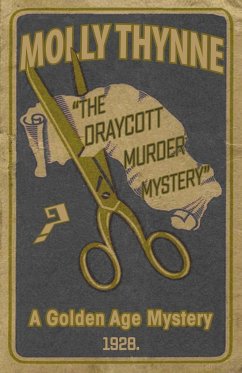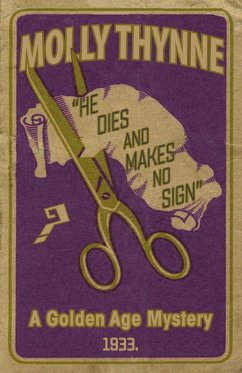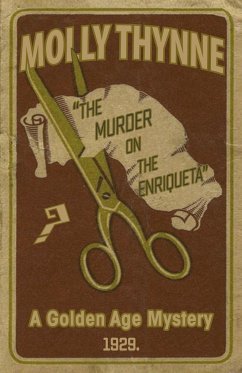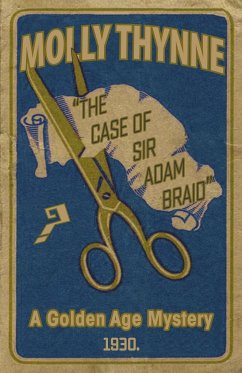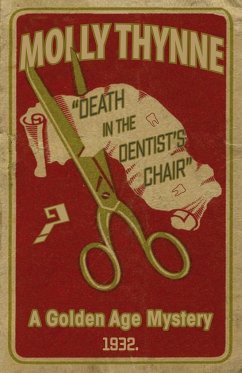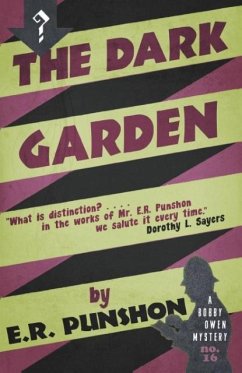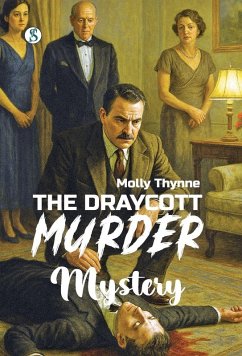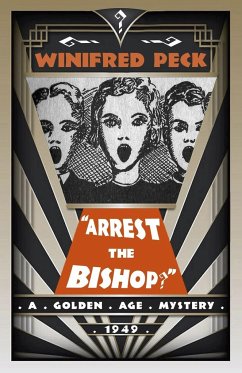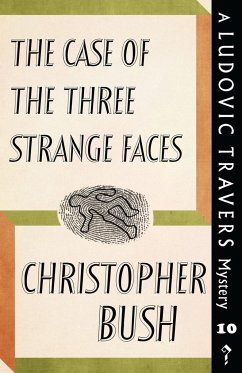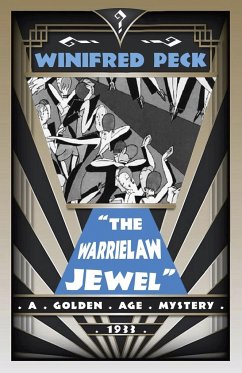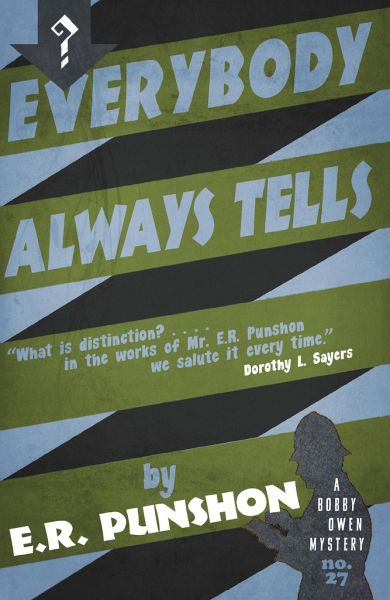
Everybody Always Tells
A Bobby Owen Mystery

PAYBACK Punkte
7 °P sammeln!
At that moment the door opened and a deep, harsh, husky voice said: "Discussing my murder, are you?" Bobby Owen of Scotland Yard and his wife Olive are busy bargain-hunting in a famous London department store. But a shopping expedition nearly turns into a crime scene when Olive discovers a necklace stuffed in her handbag. The plot thickens when it transpires it was placed there by one Lord Newdagonby – whose stout denial of the act is swiftly followed by a fatal knife blow to a prominent scientist. The meaning of this locked-room murder, and its connection to a dilettante inventor, a disresp...
At that moment the door opened and a deep, harsh, husky voice said: "Discussing my murder, are you?" Bobby Owen of Scotland Yard and his wife Olive are busy bargain-hunting in a famous London department store. But a shopping expedition nearly turns into a crime scene when Olive discovers a necklace stuffed in her handbag. The plot thickens when it transpires it was placed there by one Lord Newdagonby – whose stout denial of the act is swiftly followed by a fatal knife blow to a prominent scientist. The meaning of this locked-room murder, and its connection to a dilettante inventor, a disrespectful daughter, and the pearls in Olive’s bag, form one of Bobby’s most puzzling investigations. Everybody Always Tells, a classic golden age whodunit, is the twenty-seventh novel in the Bobby Owen Mystery series, originally published in 1950. This new edition features an introduction by crime fiction historian Curtis Evans, and a selection of E.R. Punshon’s prolific Guardian reviews of other golden age mystery fiction. "What is distinction? … in the works of Mr. E.R. Punshon we salute it every time."--Dorothy L. Sayers




